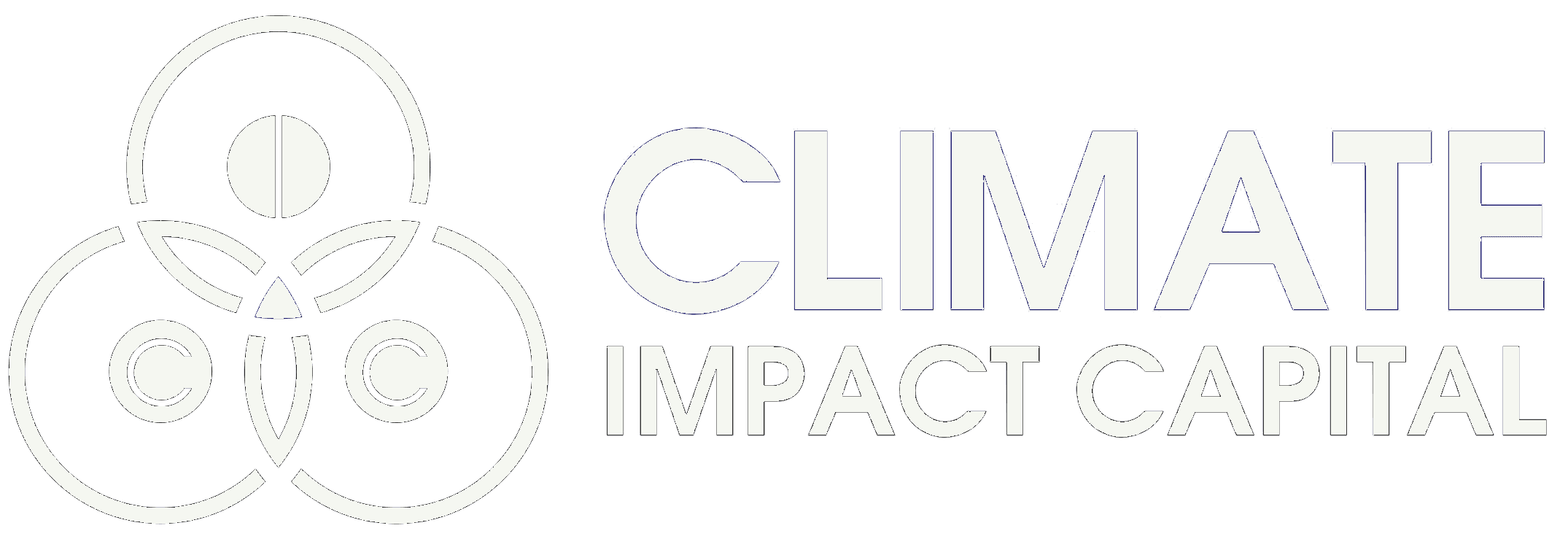2010s was about me and you; 2020s will be about us.
Combating and adapting to climate change is a lofty goal and though the global track record on positive impact is all over the map (literally), we see collaboration as the key to meaningful progress. Recognizing that proactive organizations will survive and thrive, many of you are already on your journey and some of you will embark in this new decade. In either case, we hope to join you and to collaborate with you in 2020! Below, we highlight some of the major climate & energy trends of the last 10 years and share our outlook for the new decade. We hope you will engage with us as we work together to create the bridge to the low-carbon future.
2010s: The Decade of Disjointed Acceptance
In the 2010s, most of us agreed on climate change science and accepted that action is necessary. Globally, we witnessed emerging nationalistic sentiments, putting self-interest above the greater good. Climate consensus led to only fragmented actions toward (somewhat) mutual climate goals. In the midst of geopolitical turmoil, protesting (climate) inaction, greenwashing empty action, and public rioting against expensive action confused us, scared us, but most of all, pushed us to expect more. What happened in the 2010s:
- Fracking: The shale boom boosted the role of gas in the global economy, made the USA into a net energy exporter, and caused coal to downturn domestically.
- Energy access: Developing nations vowed to increase energy access, and major health concerns from urban air pollution directed this push largely toward clean energy.
- EVs: Hybrids and all-electric vehicles emerged and became a must-have sales item for all car manufacturers. We think this trend will continue, with all sectors moving towards EVs and abandoning ICEs altogether by 2030.
- Renewables: Technological advancements in renewable power lead to the dropping cost of wind and solar, making clean energy portfolios (and the obsolescence of coal in the short term and natural gas thereafter) a solid bet for the future.
- Big data: Data became a valuable currency with IoT allowing data aggregation, analysis, and insights on a monumental scale. Its unregulated distribution, though, left consumers feeling a loss of privacy.
- Extreme weather: The world faced 100-yr and 500-yr weather events on a scale never-before-seen. The increased prevalence of mega-storms tested infrastructure and readiness, which in most cases, did not hold up.
2020s: The Decade of the Climate Emergency
In a true prediction of the next decade, Oxford Dictionary declared ‘climate emergency’ the word of 2019. We expect that there will finally be a worldwide declaration of a “climate emergency,” and public and private organizations will commit to climate action plans, incentives/regulations, and other substantive change. With the passing of some major scientific milestones (we say goodbye to 1.5*C and recognize that 2*C is a bullish goal), adaptation will become an equal focus with mitigation. What we expect in the 2020s:
- Resiliency: There will continue to be an increase in mega-disasters, creating climate refugees across the globe. The new conversation will focus on resilient and robust strategies against these weather extremes. We anticipate that the decentralization of energy will help to avoid another PG&E 2019. Renewables and storage-based microgrids with demand-side management will become prevalent around the country, particularly in areas that are vulnerable to extreme weather, and a standard in developing countries, bringing reliability and lower costs
- Asia: Developing countries will see the most growth in the next decade and face some of the most significant impacts of climate change. We expect that Asian countries will emerge as leaders in green technology, creating technological advancements and opportunities for implementation at scale.
- Sensing: Data went largely unchecked in the last decade, and we expect that in the next 10 years, consumers recover control of their data through sensors to track their usage, efficiency, and information in real-time. C&I customers also embrace this trend more widely to extract more useful insights from smart devices across operations and supply chains.
- Advanced chemistry: The waste crisis created an awareness of materials, their origin, and their lifecycle. In the 2020s, we expect that advanced materials will be critical with the growth of new technologies for the low-carbon economy. We anticipate an intersection with the carbon story to push CO2 utilization and overall carbon value creation to new levels.
- Accountability: Governments and individuals will continue to blame large corporations for the climate emergency. There will be an uptick in climate-related company bankruptcies and moves to become public benefit companies. The opportunity for proactive companies in the new energy economy is significant; action can help to avoid litigation and to create new business opportunities.

